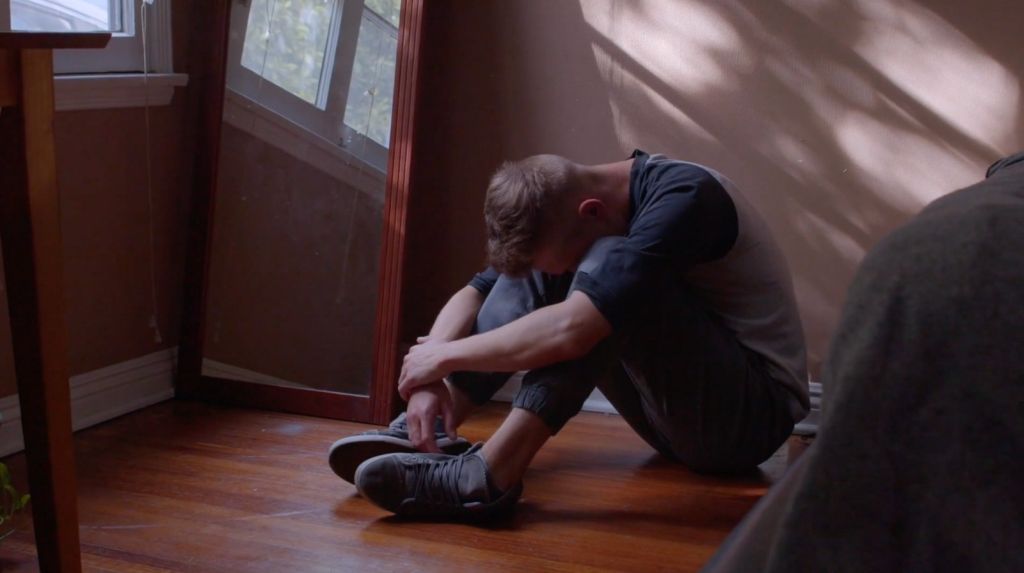We don’t know who our children are. It is a kind of collective cry bouncing from headlines to talk shows and the web in the public debate in Italy and beyond.
The shock comes from watching a series that is making the whole world, not just the West, debate. The series is called Adolescence, the Netflix platform distributes it, and to the surprise of the authors themselves, it is first in viewing in as many as 80 countries. The series is inspired by real events and is bringing into the discussion the influence of the web in the worldview of the youngest and most fragile.
But before we get into the ethical and deontological issue, let’s jump into the real reality, the reality of the news. Yesterday in Frascati, in the province of Rome, a 15-year-old stabbed a 16-year-old in the chest at the end of an argument. The blade went close to the heart: the victim is serious but may survive. The perpetrator of the attempted murder was tracked down and apprehended. His confession is chilling: I hit him because he owed me 60 euros for a sweatshirt. Assuming there is a fair accounting, human life is still worth more. It was called, and still is called, futile motives.
But the language is too legulean, just as the famous banality of evil is too ideological. I would rather speak of the “ease of evil,” the doing of it without any problems, without any particular reasons and without any evaluation of consequences. One thing we know about our children: we have educated them without any ethical platform. That is, without any scale of shared values. In this dis-education, the virtual, accessible and anarchic web and social, the absence of family and school, the loss of the grip of politics on people’s reality, have lent us a hand, or rather taken away our hand as we slid down the ravine.
Other times I have written in this newspaper about our violent teenagers. In Milan, where I live, the conflict with North African baby gangs has reached the tipping point, but the problem, as the success of the series says, is now globalized. Because globalized now is the phenomenon of the Internet and the swirling development of communication technologies. Which are not evil per se, but if they have a share of evil in the construction of our children’s brains, we cannot sit here with our hands in our hands (I sound like Cocciante).
The mayor of Frascati dismissed generic accusations against her community, which she said was healthy and well manned by law enforcement. That’s one aspect of the problem, for goodness sake, but I’d like to think that two more checks would take me out of this anxiety as a father, citizen and journalist.
I don’t sleep peacefully when I think that I might not fully know the 18-year-old who sleeps two rooms away.
The article We don’t know who our children are comes from TheNewyorker.

